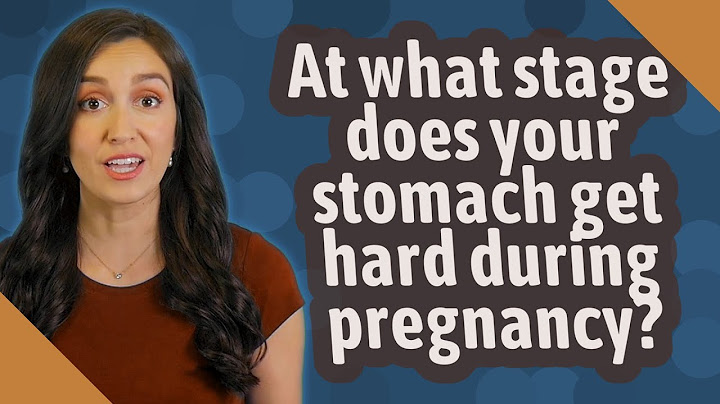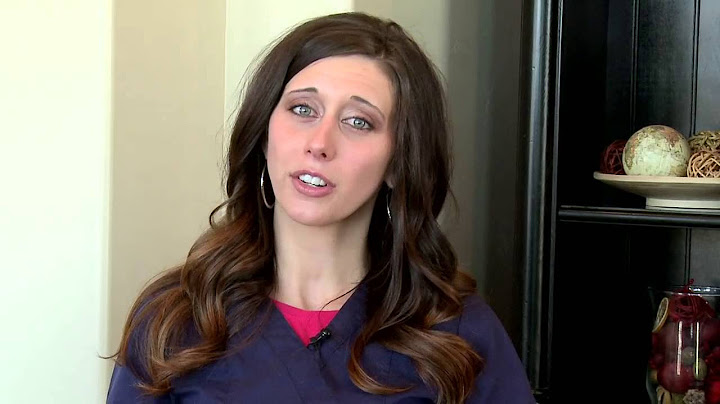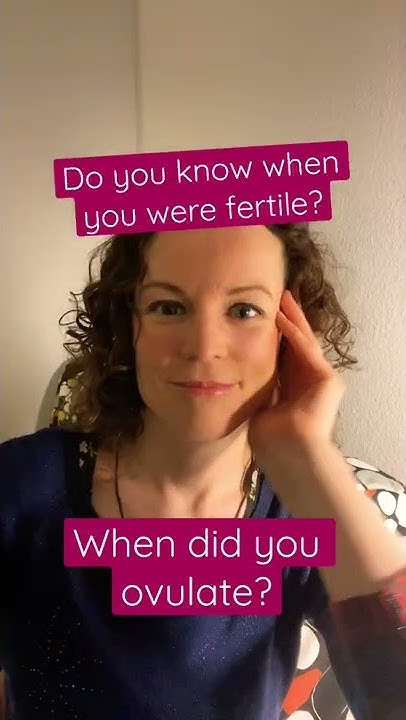Getting pregnant straightaway is possible after an abortion, which may or may not be what you want at the moment. Show “If you had an abortion because of a fetal abnormality or other health problems, some women want to get pregnant again as soon as possible, while others feel they need more time to process what has happened,” says doctor and Healthily expert, . “If you’ve had an abortion for other reasons, such as not having enough money to have a baby or it not being the right time in your life, you may be more concerned about getting the right contraception so you don’t have another unplanned pregnancy.” Read on to learn more about how soon you can get pregnant after an abortion, how to avoid pregnancy after abortion, and the signs you should see a doctor. When do you ovulate after abortion?After having an abortion, it’s possible to become pregnant again quickly, even before you’ve had a period. It can take some time for your cycle to settle back into your usual rhythm and your next period can appear anywhere from 4-8 weeks after your abortion. You'll usually release an egg ( ) 10-16 days before your period starts so predicting exactly when this will happen after an abortion isn't easy. Signs of ovulation to look out for include changes in your cervical mucus (vaginal discharge), a slight rise in body temperature and the change in hormone levels can sometimes lead to sore breasts, bloating, mild tummy pain or an increased sex drive. Because the signs of ovulation can be unpredictable, the guidance is that you'll need to use contraception from 5 days after an abortion. Read more about . When should you start contraception after abortion?As many as 45% of pregnancies in the US are unplanned, so using some form of contraception is key if you don’t want to get pregnant again after an abortion. It’s usually recommended you start using birth control immediately afterwards so you’ll be protected when you start having sex again. You can use most straight after an abortion – even on the same day as your treatment – so ask the medical staff at the clinic if you’re attending one, or the doctor who assesses you for a medical abortion at home. Your doctor might suggest having an or implant inserted while you’re still at the clinic, which could be more convenient and has been found to reduce the risk of another unplanned pregnancy. The Affordable Care Act means that all contraception should be covered by your health insurance plan. There is also federal funding through Title X, the nation’s program to help lower income families and those without insurance. Contraception is also available through for people on low incomes. In the UK, contraception is available for free from family planning clinics or your family doctor. You can read more about different types of contraception, including emergency contraception, in our . When can you try for a baby again after abortion?
Your emotions and trying for a baby after abortionYou may have mixed emotions about getting pregnant after you’ve had an abortion. It’s possible to both feel hope for a new pregnancy as well as sadness and sometimes guilt that you chose to end a previous pregnancy. Or you may be able to put the abortion behind you and concentrate on the future. Common worries you may have about pregnancy after an abortion include:
Read more in our article on emotional support before and after an abortion. When to see a doctorIf you’re planning a pregnancy after an abortion, see your doctor if you have any worries or questions such as those mentioned above. They will be able to put your mind at rest. If you are still not feeling back to your usual self and are getting physical symptoms like ongoing cramping or bleeding it’s also best to speak to a doctor. If you’re after a year of regular unprotected sex, speak with your doctor. They can work with you to try and identify why you might be having problems and together you can form a plan to . If you’re having problems getting pregnant and you’re 35 or older, it’s a good idea to see a doctor sooner than this – after about 6 months (although it doesn’t necessarily mean there’s a problem). Often following an abortion, women feel a mix of emotions. While many women feel relieved, it's also common to feel up and down, even if you feel you've made the best decision. If you’re experiencing low mood and tearfulness, speak to someone you trust, perhaps your partner, a friend or family member, your doctor or abortion provider. Tell them how you’re feeling and why, as you may have unresolved emotions and feelings about your abortion. You may need to see a counselor to talk things through. Read our article on mental health and abortion. Read more about possible complications of abortion in our . Read more about . Fetal abnormality – could it happen again?If you’ve had an abortion because of a fetal abnormality, you may need to talk to your doctor about the chances of it happening again. They can help you work out if there are ways to reduce the risk, discuss whether there is anything that can be done to prevent it happening again or support you through your worries. Fetal abnormalities can happen for lots of different reasons and many of these are by chance and not likely to happen again. There are things you can do to help prevent some fetal abnormalities for example taking folic acid at least one month before and during your pregnancy can help prevent spina bifida. If you’ve had a pregnancy affected by spina bifida your doctor may recommend taking a higher dose. For other conditions, there might not be anything you can do but your doctor may be able to reassure you that you don’t have any increased risk of it happening again. In most cases of Down’s syndrome, for instance, the condition almost always doesn’t run in families. Anyone can have a baby with Down’s syndrome, but your chances do increase with age. Other genetic conditions can run in families and have a higher chance of affecting another baby. If you know you are at higher risk for a condition like cystic fibrosis, for example, it might be something your fetus is tested for in your next pregnancy. There are also options for testing your embryo before it is implanted which would need to be conceived by before being tested, called pre-implantation genetic diagnosis. Ask your doctor or genetic counselor for support with the next steps. If you’re in the US, you can contact the for information about genetic testing and screening. In the UK, can provide information, and the has a list of organizations that can help. Your next pregnancy might be an anxious time but you can discuss with your doctor having extra screening for reassurance, or emotional support from a psychologist. For information about emotional support after abortion for fetal abnormality, read our abortion and mental health article |

Related Posts
Advertising
LATEST NEWS
Advertising
Populer
Advertising
About

Copyright © 2024 nguoilontuoi Inc.


















